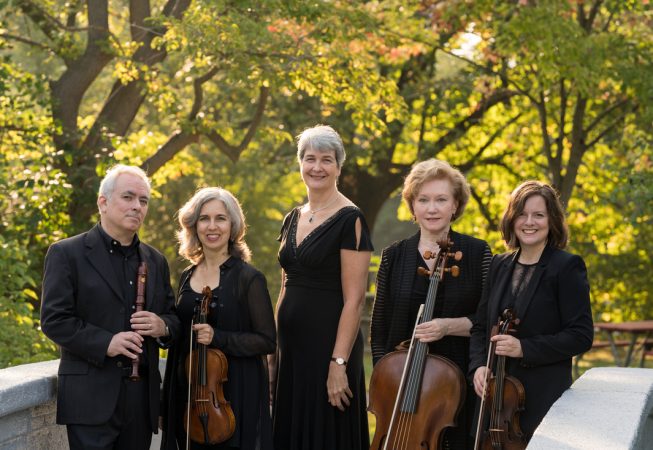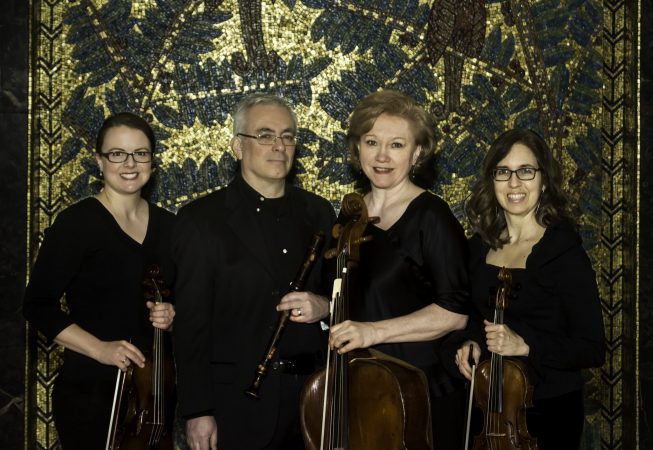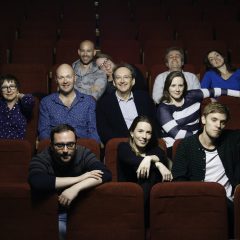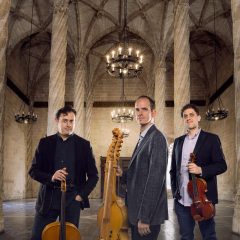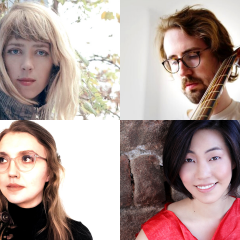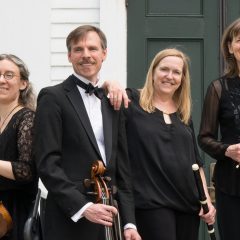The Austria Naples connection
Ann Arbor (Zion Lutheran Church)
Saturday, January 28, 8 PM
Northville
Sunday, January 29, 4 PM
TICKETS ON SALE DECEMBER 28
Pre-Concert Lecture starts at 7:15pm
Naples, Italy, was not only a musical performance center in the 18th Century, it was also a place where many musicians were educated. There were four different conservatories teaching composition, singing and a variety of instruments. This kind of boom in musical education was fueled by the celebrated careers of the castrati who performed throughout Europe with their astonishing voices. Naples was also a place where European powers clashed, with the Austrians and Spaniards alternating control over the city. In addition to material goods, these empires left the city with aspects of its culture and music. This interesting juncture made Naples a cradle for late Baroque/Pre-Classical music which would eventually spread all over Europe. Famous musicians went to Naples to observe, learn and leave infused with its unique approach and style. One noteworthy case is that of Aloys Thomas Raimund von Harrach, an Austrian viceroy of Naples who compiled the music of that time in large manuscripts containing works of Neapolitan composers and their counterparts beyond the Alps. We like to think of the mixture of styles found in these manuscripts as a musical dialogue, an evolution in form. The spirit and the idea is, therefore, to let the audience piece together a personal puzzle, connect the music, the styles, find similarities and differences and travel along with us in music.
Founded in 2016, l’Invenzione has drawn on the wonderfully rich music of 17th and 18th Century Naples, the undisputed “capital of the musical world” of that time. The group takes its name from the Italian word for invention: the art of spontaneously developing independent melodic lines that, combined together, create a living musical whole. The art of inventive counterpoint was central to Neapolitan musical production and instruction, with its unique practice of partimenti. The profound influence the city’s music and musical figures had on the rest of Europe has been reflected in the ensemble’s ever-widening repertoire. While its members take satisfaction in bringing to light lesser-known masterworks, it is their hope to bring listeners along these uncharted paths while evoking fantasy, emotion and the passions of the human spirit.

